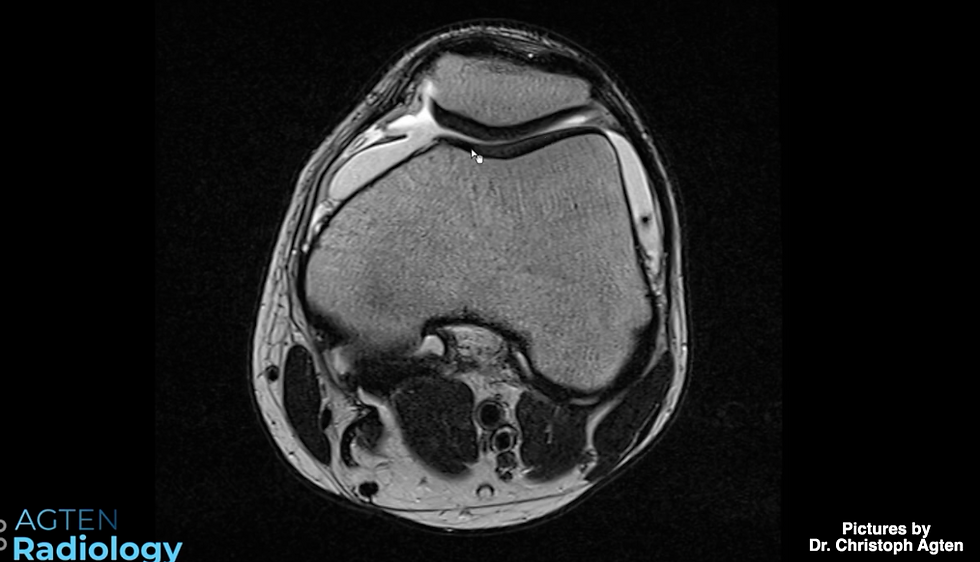Possible legal and ethical issues
- fursiyah7

- Nov 2, 2021
- 2 min read
Updated: Dec 16, 2021
Upon planning the production, I had come across some potential legal and ethical issues that could arise when filming. Most of the issues regarding my production appear to relate to needing to get consent to film or interview in private places and/or consent to my interviews speaking about health issues which could be a sensitive topic.
The locations I wish to film are the gym, the train, the airport and the aeroplane. The locations that could require consent would be the train when travelling to interviews, the airport when travelling to Scotland and briefly the plane journey to Scotland which are all not public places, as defined by law. With this, there may be consent issues to consider. However, to reduce hassle and the need of asking for consent, I could film outside the airport or on the way instead of inside and briefly film only myself on the train and the views from the window.
In doing so, I have read McNae's Essential Law for Journalists book on the subject of 'News-gathering avoiding unjustified intrusion - Public and private places'. According to the Impress Code's guidance, some people may have a reasonable expectation of privacy in a public place, especially when they are engaging in any activity that is part of their private or family life (Banks, Hanna and McNae, 2009).
It then proceeds with "Ofcom says that normally filming and recording someone in a public place does not breach the Broadcasting Code". But section 8 of the code says: "Legitimate expectations of privacy will vary according to the place, and nature of the information, activity or condition, the extent to which it is in the public domain and whether the individual concerned is already in the public eye". Therefore, there may be circumstances where people can reasonably expect privacy even in a public place. Even in a public place "some activities and conditions may be of such a private nature that filming even in a public place could involve an infringement of privacy", McNae's has listed examples such as "a child in state of undress or CCTV footage of a suicide attempt" (Banks, Hanna and McNae, 2009).
The Ofcom Broadcasting Code adds in practise 8.4: "Broadcasters should ensure that words, images or actions filmed in a public place are not so private that prior consent is required before broadcast from the individual or organisation concerned, unless broadcasting without their consent is warranted" (The Ofcom Broadcasting Code (with the Cross-promotion Code and the On Demand Programme Service Rules), 2021). So here, I would need to make sure where I'm filming is not identifiably private to an individual or an organisation.
There are exceptions such as if it is not a private place and is a public area, for example, a public street, then filming or recording will be allowed. It is also not a breach of privacy if what was shown wasn't "anything particularly confidential". Ofcom guidance also says property that is privately owned but readily accessible to the public, such as a railway station or a shop, is a public place, therefore it is important to identify what is and isn't a public place and in what places will I need consent to film before going out to shoot locations (Banks, Hanna and McNae, 2009).



Comments